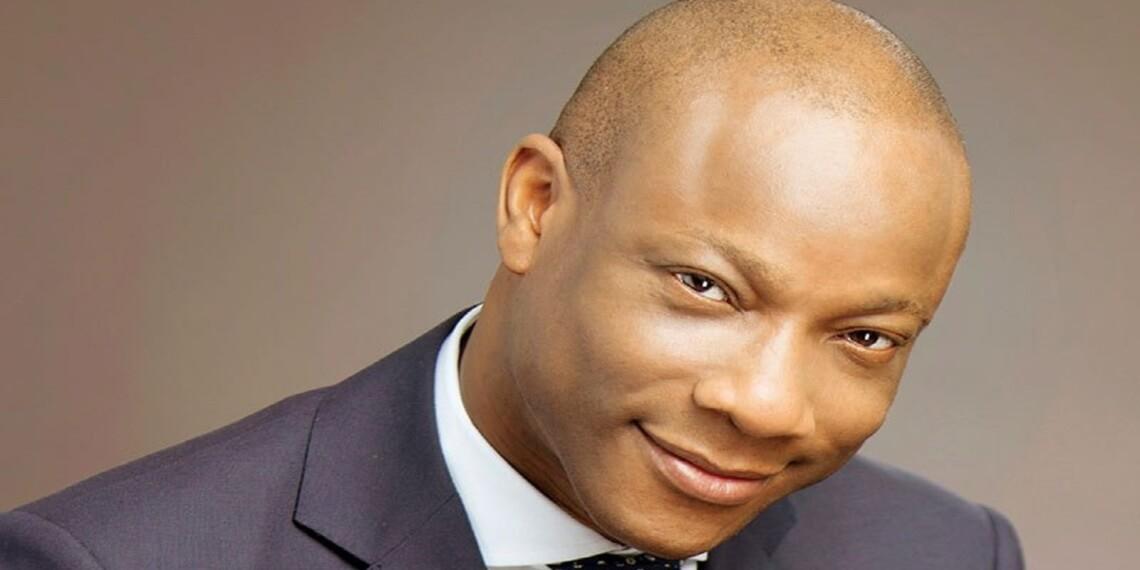The CEO of Guaranty Trust Holding Company Plc, Mr Segun Agbaje, has described USSD as a clumsy technology, arguing that the only way to actualise financial inclusion in Nigeria is to drastically reduce the cost of data.
He stated this during a media briefing held on Wednesday, May 17, to discuss the company’s FY 2022 and Q1 2023 earnings reports.
According to him, the USSD is not state-of-the-art technology, which is why other developing countries like India do not use it.
He further argued that the ongoing fight between banks and telcos over USSD is nothing but a distraction by telecom firms from the real issue of high data cost. He said that Nigeria has one of the highest data costs in the world. And this is not good for financial inclusion and the overall economic development of the country.
- USSD is a clumsy technology. It’s not state-of-the-art. The best way to have financial inclusion is to crash the cost of data so that data becomes more affordable. Then we can use what is a superior technology.
- “The whole fight about USSD has been a fantastic distraction by the telcos. The rising cost of data in Nigeria versus other economies like ours has been distracted by USSD.
- “If you want financial inclusion, then you need to bring down the cost of data. And when you bring down the cost of data, you start to eradicate USSD. But if you insist on using USSD, the banks have told the telcos to charge the end users. The banks don’t get any of the charges. The banks are saying we don’t want to be involved. If you want to charge N20 for the service, go ahead. But collect it yourself. Don’t come to us.
- “I keep telling everybody who cares to listen that USSD is not the answer. The answer is to get the cost of data down in Nigeria. If you compare the cost of data in Nigeria to elsewhere, you’d realise that we are being exploited.”
The backstory
Mr Agbaje’s comment comes amid renewed tensions between banks and telcos over unpaid USSD debt (amounting to N120 billion) allegedly owed by the banks.
Last week, telecom operators in Nigeria obtained the approval of the Nigerian Communication Commission (NCC) to disconnect the banks from the service over unpaid debt. But the banks have insisted that they cannot pay the money due to the technical issues that often characterise said USSD transactions, especially under circumstances when the transactions fail.
In the meantime, the CBN has responded to the renewed dispute, noting that it’s in discussion with all concerned stakeholders towards an amicable resolution.
Meanwhile, USSD is not profitable for GTCO
Presenting the company’s FY 2022 financial statement during the press briefing, Mr Agbaje pointed out that USSD value dipped by 22%, even though volume was up by a paltry 1%.

- “The reason is because the N6.98 charge is a punitive cost and most people do not want to pay that just to use the USSD. That’s why it has stopped growing,” he explained.
He, however, noted that on the other hand, mobile banking is booming. The company’s mobile banking business line, in terms of volume and value, was up by 28% and 18%, respectively.
Unfortunately, the high cost of data in Nigeria might be hindering even more possible growth.
Other key takeaways from the media parley
- The CEO emphasised that 2022 was GTCOs most successful year in their operations outside of Nigeria. As a matter of fact, the group profit was N251 billion minus impairment charges, as against the N214 billion that was officially reported. The implication is that some of the profits were given away in an impairment. As much as 27% of their Ghanaian loan became impaired.
- When asked what the biggest lesson from the Ghana bond catastrophe was, he said they’ve learnt the need to make constant provisions for sovereign bond risks.
- He apologised for the general banking failures that were experienced in Q1 2023 following the botched cashless policy of the CBN, noting that the banking sector was not ready from a technology standpoint to cope with the volume of demand in online banking that heralded the apex bank’s policy.
- To this end, he said GTCO would improve its IT capacity to be better positioned to cope with similar demands in the future.
- He also acknowledged that the bank is competing for tech talents with fintechs and foreign companies, noting that they are doing everything possible to recruit and retain the best talents. He then urged the government to help make the country better so that it becomes less attractive for tech talents to want to leave the country for greener pastures.
- Regarding competition with fintechs, he emphasised that banks like GTBank are competing advantageously. According to him, fintechs cannot beat banks because banks are competing on all fronts, both in core banking and also in the fintech space.
Source: Nairametrics

















